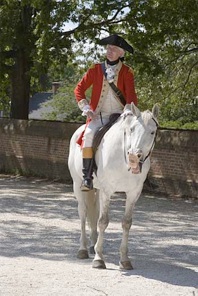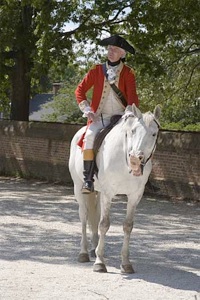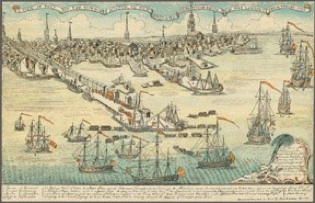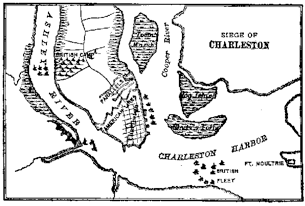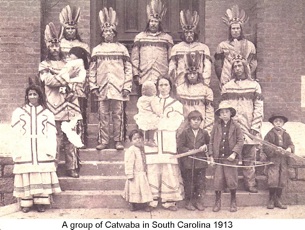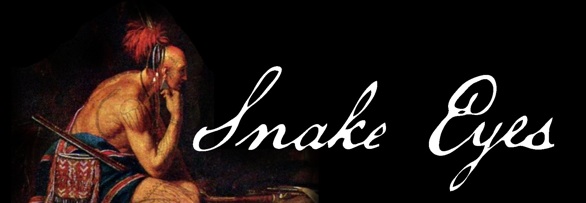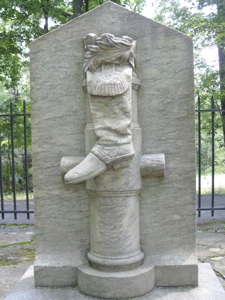SNAKE EYES
by D.H.T. Shippey & Michael Burns
The Catawba were revered as warriors by other Native American tribes. Sometimes, to prove themselves, braves from as far north as the Great Lakes would make the journey to the Carolinas just to challenge them. The most respected Catawba war captains tattooed their backs with two blacksnakes, one on each shoulder blade. The southern blacksnake was a hunter that would actually prey on venomous copperheads and was a symbol of great renown among the Indians.
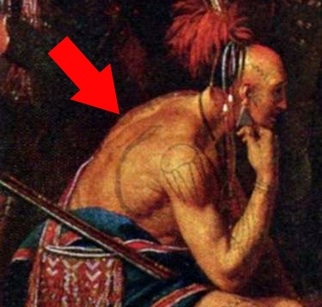
By 1775, both the British and the newly defined “rebels” were actively seeking Indian alliances. On July 1 1775, the Continental Congress resolved to recruit Native
American tribes to the Patriot cause and adopted the following resolution:
“That in case any agent of the ministry shall induce the Indian tribes, or
any of them, to commit actual hostilities against these colonies, or to
enter into an offensive alliance with the British troops, thereupon the
colonies ought to avail themselves of an alliance with such Indian nations
as will enter into the same, to oppose such British troops and their Indian
allies.”
While most of the Indian tribes would side with the British or attempt to remain neutral, a few nations/tribes such as the Stockbridge and Oneida gave support to the fledgling Patriot cause. The Colonists’ fear of the tribes supporting their British enemies was well founded; many of their Native American neighbors had fought against them in the French and Indian War only twelve years before. These heightened fears were realized when Lord Dunmore solicited the Ohio nations to attack any settlements on the Virginia frontier who failed to affirm their Loyalty. The man who led the British party of Provincial officers sent to put the plan into action, John Connolly, was captured by Maryland minutemen at Hagers Town in November 1775. The plot was discovered when incriminating papers were found in Connolly's baggage. This exposed conspiracy is what led Thomas Jefferson to include among the list of the King’s offenses mentioned in the Declaration of Independence.
"He has excited domestic insurrections amongst us, and has endeavoured to bring on the inhabitants of our frontiers, the merciless Indian Savages whose known rule of warfare, is an undistinguished destruction of all ages, sexes and conditions."
Some western and northern tribes were able to remain neutral or stay out of the tensions, but the Catawba found themselves surrounded by Loyalists and Patriots and had no such luxury. In July of 1775, the Catawba were invited to Charleston to speak with the Patriot Council of Safety about the disputes between the Colonists and their British opponents. The Catawba were shown the arguments and offered pay to join with the Patriots. Eight months later 34 warriors entered the service under Captain Samuel Boykin.
If the Catawba had only served as scouts (a job at which they excelled) their service would be worth remembering, but their contribution was far greater. In June of 1776, 750 Rangers and about 35 Catawba forced 3,000 British troops to retreat at the Battle of Sullivan’s Island.





